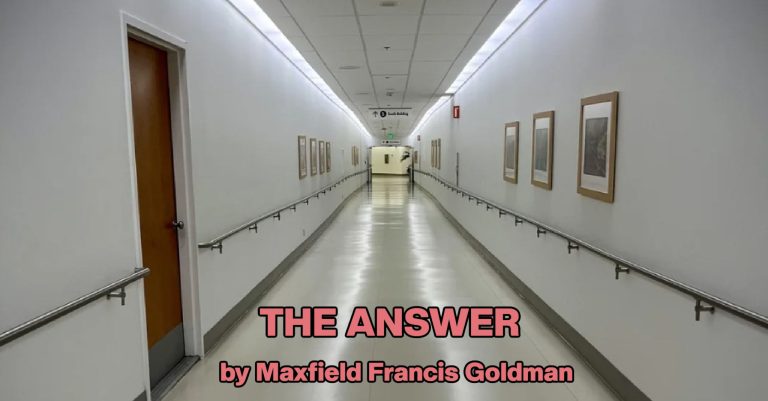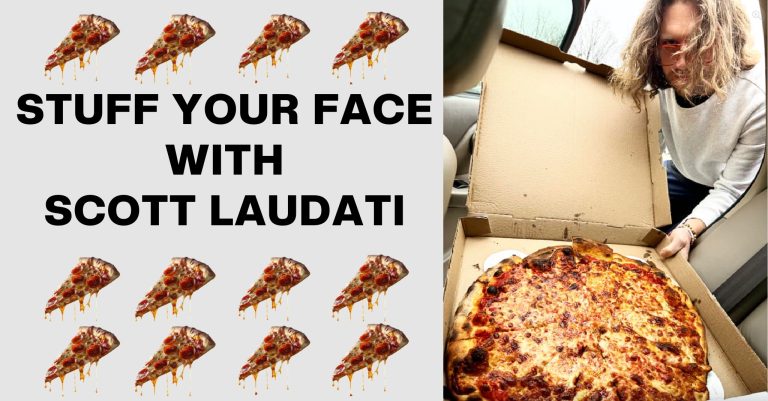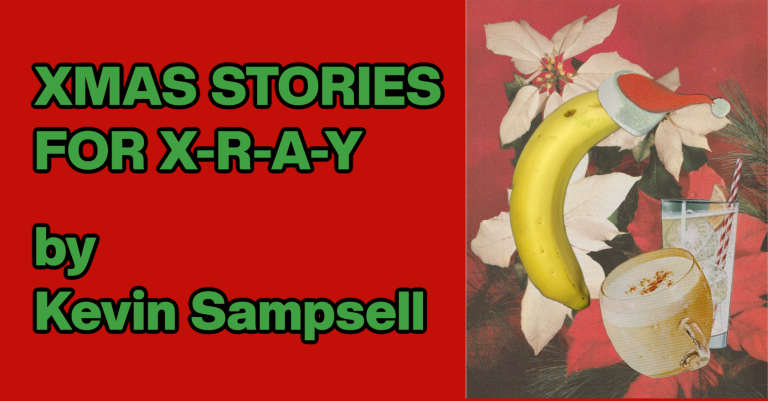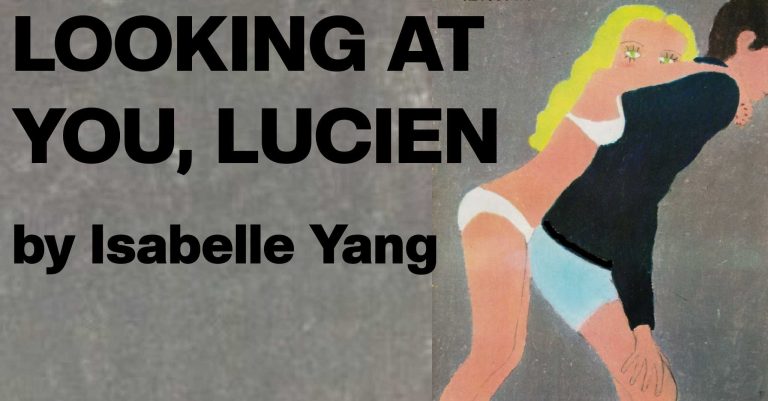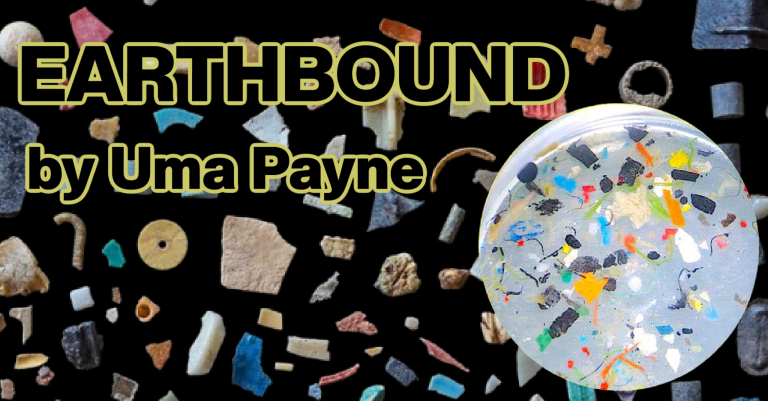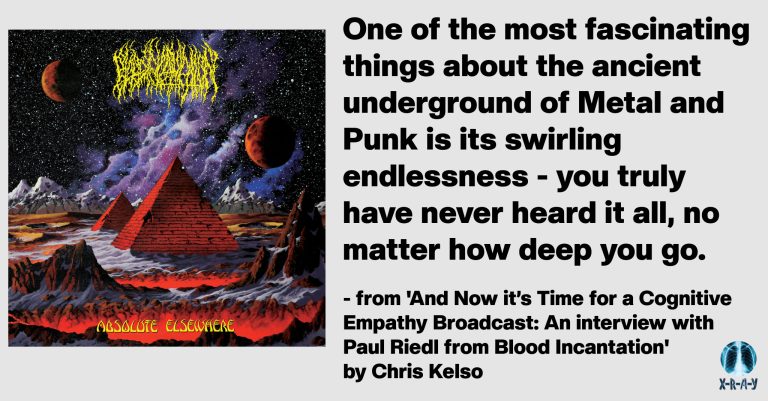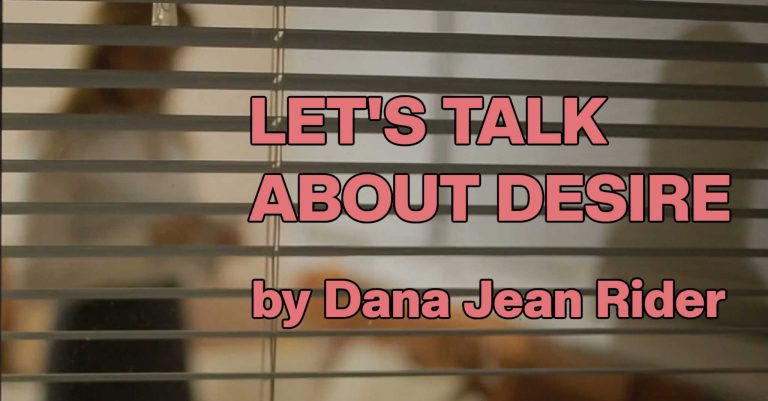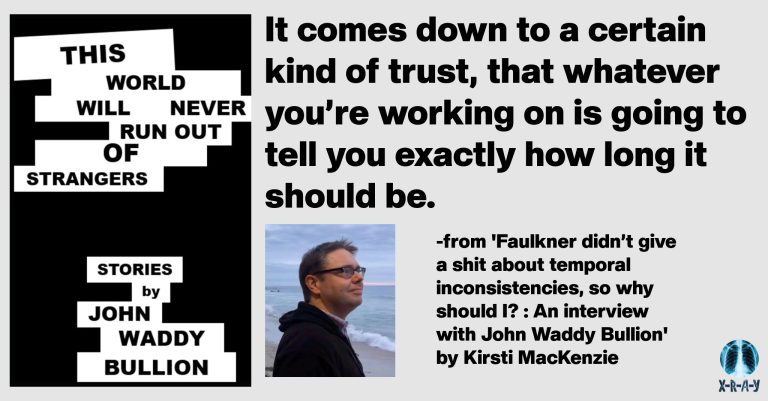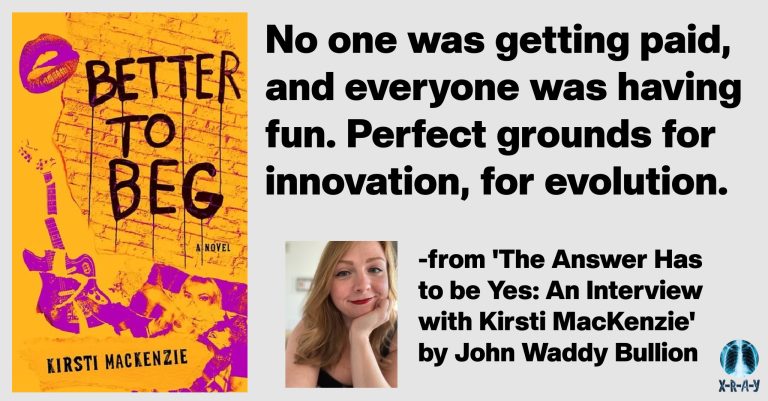
NOT EVERYTHING DIES IN THE DARK by M.M. Kaufman
For Ben There reality was, being all realistic, when it blinked out. One second I’m looking at Sammy and Joe sitting on the stoop in their church clothes eating deviled eggs and rice casserole off styrofoam plates, when suddenly they’re—not. They’re still there, but they’re in sweatpants and pretending to eat plastic corn on the cob. Then boom: Easter clothes and eggs again. I ask, Did anyone see that? All I get is shrugs. That’s the only answer they ever give me anyway. How’s ya’ day? Shrug. Wanna watch the game? Shrug. Whatcha wanna do with your life? Shrug. The

